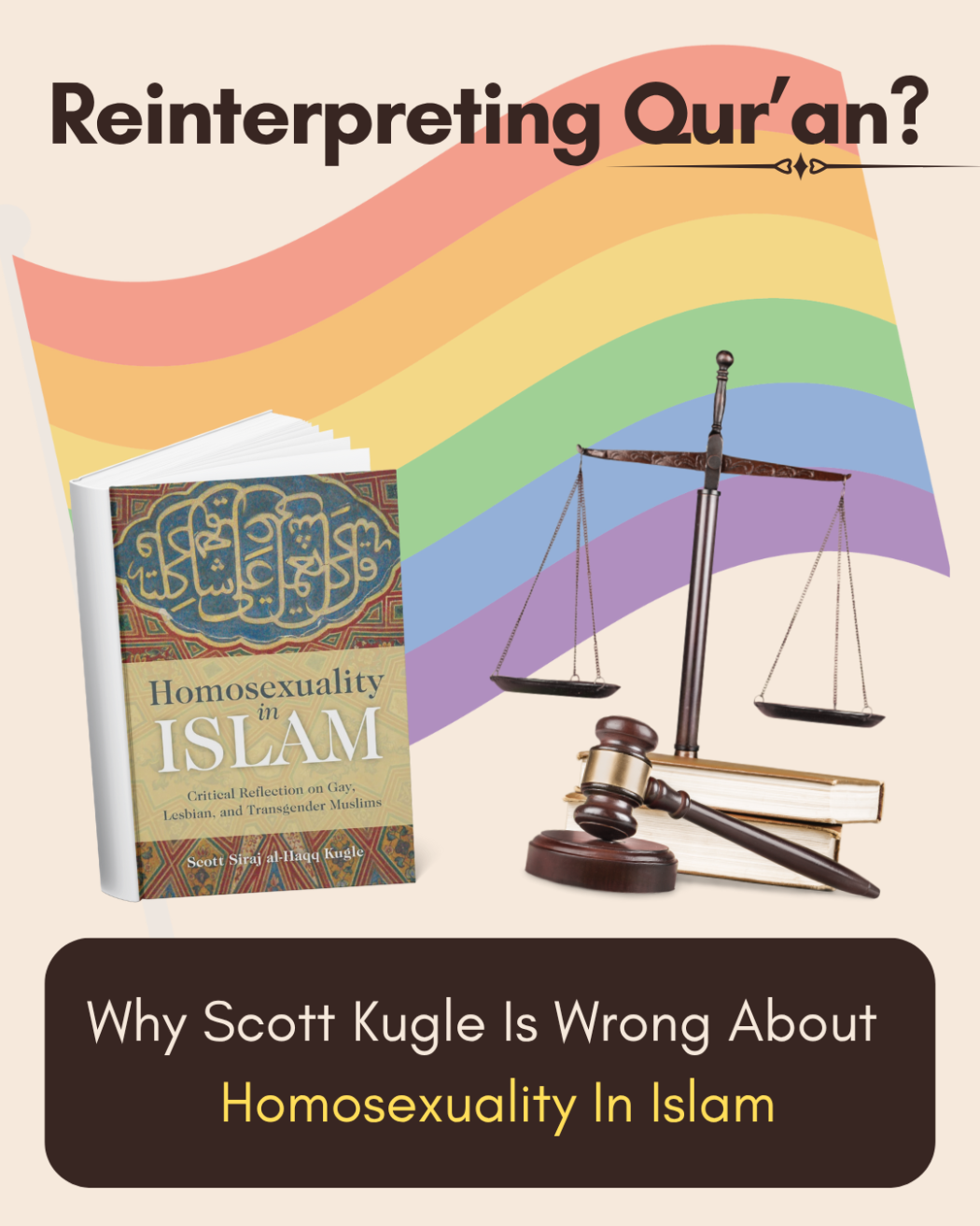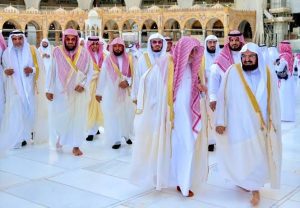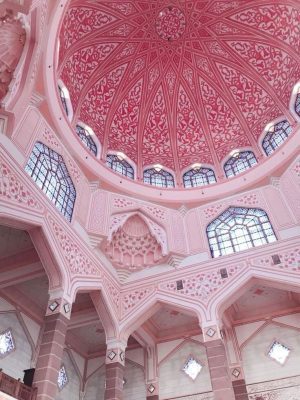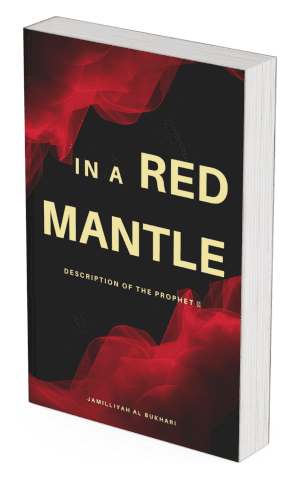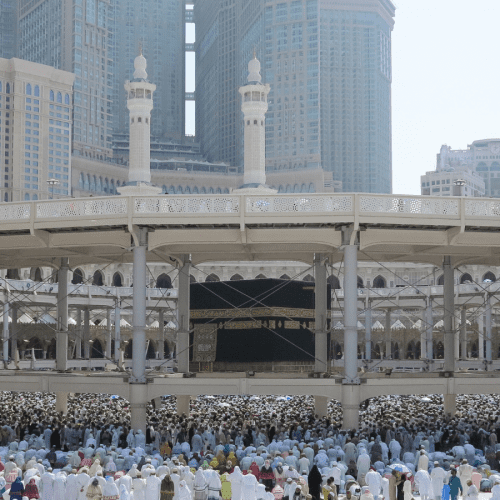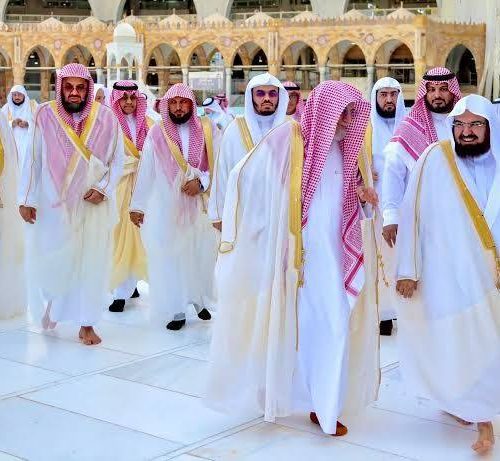What is obligatory regarding the texts of the Qur’an and Sunnah in relation to Allah’s names and attributes.
All praise is due to Allah; we praise Him; seek His help and ask His forgiveness. We seek refuge in Allah from the evil of our souls and our deeds, for whomever Allah has guided, none can lead astray, and whomever Allah has allowed to go astray, none can guide. I bear witness that there is no God worthy of worship besides Allah, who is alone without a partner, and I bear witness that Muhammad is His slave and Messenger.
﷽
Rule Number Four
Regarding what is used to refute those who deny Allah’s names and attributes (al Mu‘attilah). The Mu‘attilites are those who deny any of Allah’s names and attributes by twisting the meanings of texts and diverting them from their obvious meanings. They are also referred to as the “Interpreters” (al-Mu’awwilah). The general rule for refuting their claims is to point out that:
In the case of some attributes there may be a fourth principle or more principles for refutation. [For example, the principle that “whatever is said concerning Allah’s person may be said concerning His characteristics”. Allah is living and so are humans, however, Allah’s life is not like human life. It is without beginning or end and it does not depend on anyone or anything for its existence. Whereas human life has beginning and end and depends on Allah for its existence. Similarly, it may be said that Allah’s settling above His throne is not like a human being sitting on a throne.
This path of interpretation led them along with the Kharijites to even deny the reality of Allah’s throne. They claimed that it referred to “authority” or “dominion.” However, that led to further problems in the interpretation of the verse:
”And the angels will be on its sides, and eight angels will, that Day, bear the Throne of your Lord above them.” [Surah al Haaqqa : 17]
Wal-malak ‘ala arjā’iha wa yaḥmilu ʿarsha rabbika fawqahum yawma’idhin thamāniyah.
وَٱلۡمَلَكُ عَلَىٰٓ أَرۡجَآٮِٕهَاۚ وَيَحۡمِلُ عَرۡشَ رَبِّكَ فَوۡقَهُمۡ يَوۡمَٮِٕذٍ۬ ثَمَـٰنِيَةٌ۬ (١٧)
Furthermore, Prophet Muhammad (ﷺ ) was quoted by Abu Hurayrah as saying,
“If you ask Allah, ask Him for Firdaws. It is the middle and highest point in paradise. From it the rivers of paradise spring forth and above it is the throne of the Most Merciful.” [Sahih Al-Bukhari, vol.4 , pp. 39-40, no. 48]
They contradict the obvious meanings of the texts. [For example, in the case of the term istiwaa (settling above) found in the Qur’an.
”The Most Gracious (Allâh) rose over (Istawâ) the (Mighty) Throne (in a manner that suits His Majesty).” [Ta-ha : 5]
Ar-Raḥmānu ʿala al-ʿarshi istawā
ٱلرَّحۡمَـٰنُ عَلَى ٱلۡعَرۡشِ ٱسۡتَوَىٰ (٥)
This term is interpreted to mean isteelaa (taking possession of something) by Mu‘tizilites and Ash‘arites in order to avoid the concept of Allah settling above His throne which they perceive as making Him resemble humans who sit on thrones.]
They contradict the methodology of the Salaf. [When Imam Malik was asked about how the settling above the throne took place, he informed the questioner that “settling above” is known in the Arabic language, how it took place is unknown and asking about it is bid‘ah (innovation).]
They do not have any authentic evidence to support their claims. [The interpretation of isteelaa implies that Allah’s throne was in the possession of someone else and He took possession of it, which is worse than what they sought to avoid.]
The Bottom Line
The Mu‘attilah: Deny Allah’s names and attributes by twisting their meanings, contradicting the clear texts.
Refutation principle: Allah’s attributes, like His life, are perfect and unique, unlike human traits.
Flawed interpretations: Denying Allah’s throne as literal leads to contradictions, such as reinterpreting it as “authority,” which opposes Qur’anic verses.
The methodology of the Salaf: Early scholars affirmed Allah’s attributes without distortion, as Imam Malik said: “Settling above is known; how is unknown; questioning it is innovation.”
Conclusion: Affirming Allah’s names and attributes as revealed, without distortion or denial, aligns with the Qur’an, Sunnah, and the understanding of the Salaf. Misinterpretation leads to contradictions and innovation, while true belief upholds Allah’s perfection.
Bibliography and History of the sources
ابن قيم الجوزية | Lumu’at-ul-I’tiqaad | The Radiance of Faith by Ibn Qudamah al-Maqdisi
1373: Dated handwritten manuscript by ‘Umar ibn Ghaazee ‘Alee al-Maqdisee al-Hambalee.
1919: Published by at-Taraqqee Press, Damascus.
1972: Shaykh Al-‘Uthaymeen’s commentary was published.
1983: Introduced in first year high school curriculum of the religious institutes (al-Ma‘aahid al- ‘Ilmiyyah) in Saudi Arabia.
1995: Third edition of Al-‘Uthaymeen’s commentary edited by Ashraf ibn ‘Abdil-Maqsood is published and used ‘Aqeedah and Manhaj classes at the Abu Hurayrah Mosque in Sharjah, UAE.
2002: Radiance of Faith Leading to The Path of Guidance – a commentary by Dr. Abu Ameenah Bilal Philips, used in ‘Aqeedah II course of the BA in Islamic Studies program, Preston University, Ajman, UAE.Interpretation of the Meaning of the Noble Qur’an in the English Language by Dr. Muhammad Muhsin Khan | Dr. Muhammad Taqi-ud-Din Al-Hilal

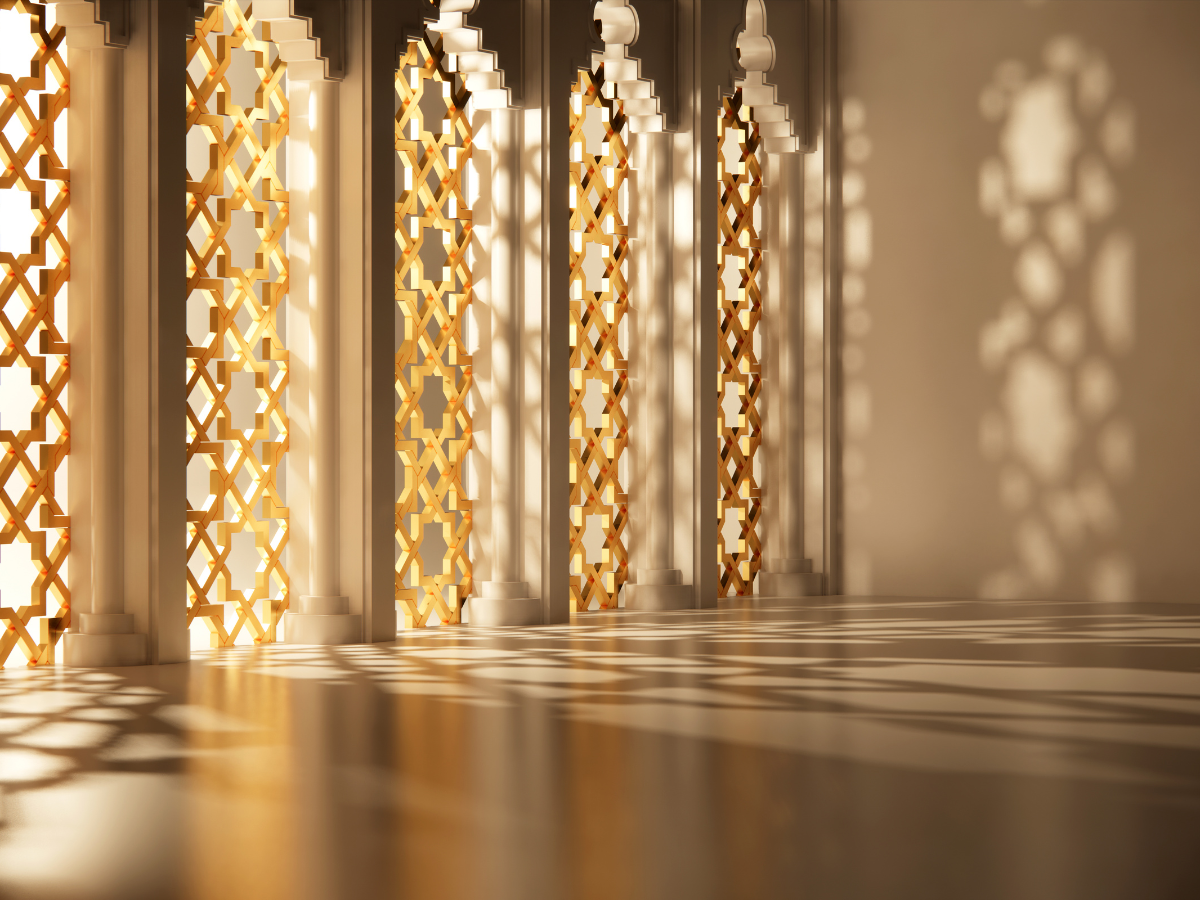


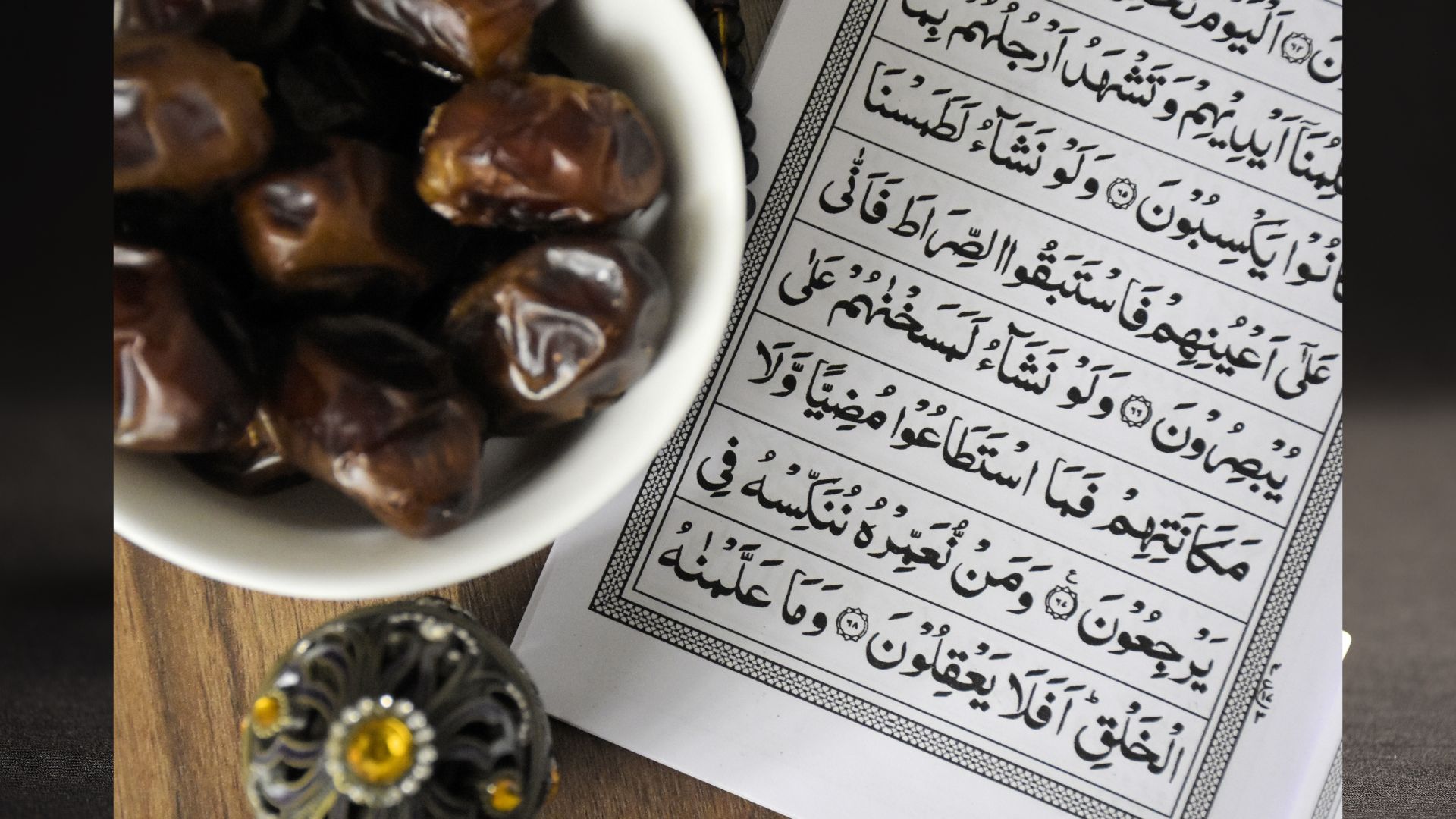



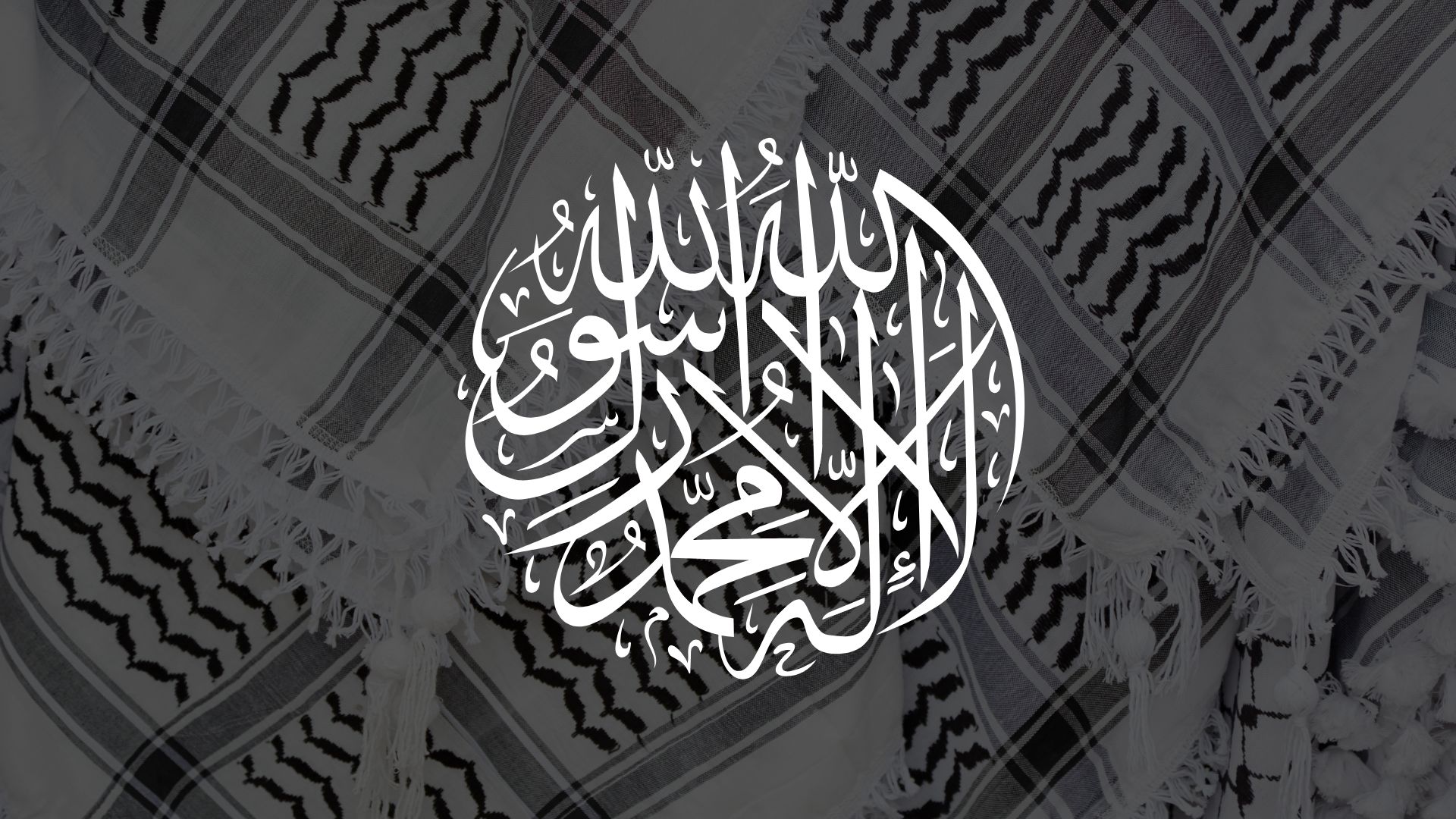

 The Best Investment - Take Your Shahadah Now !
The Best Investment - Take Your Shahadah Now !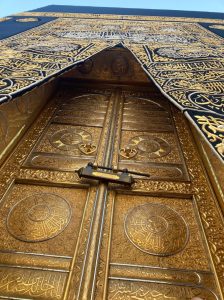 Allah’s Names and Attributes: Main Rules 3/4
Allah’s Names and Attributes: Main Rules 3/4